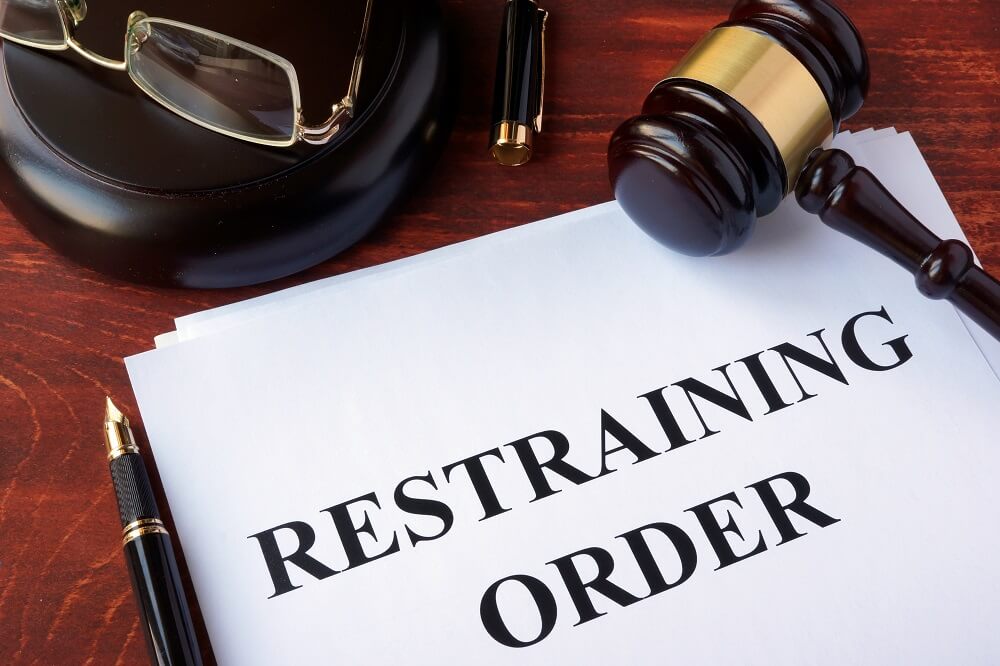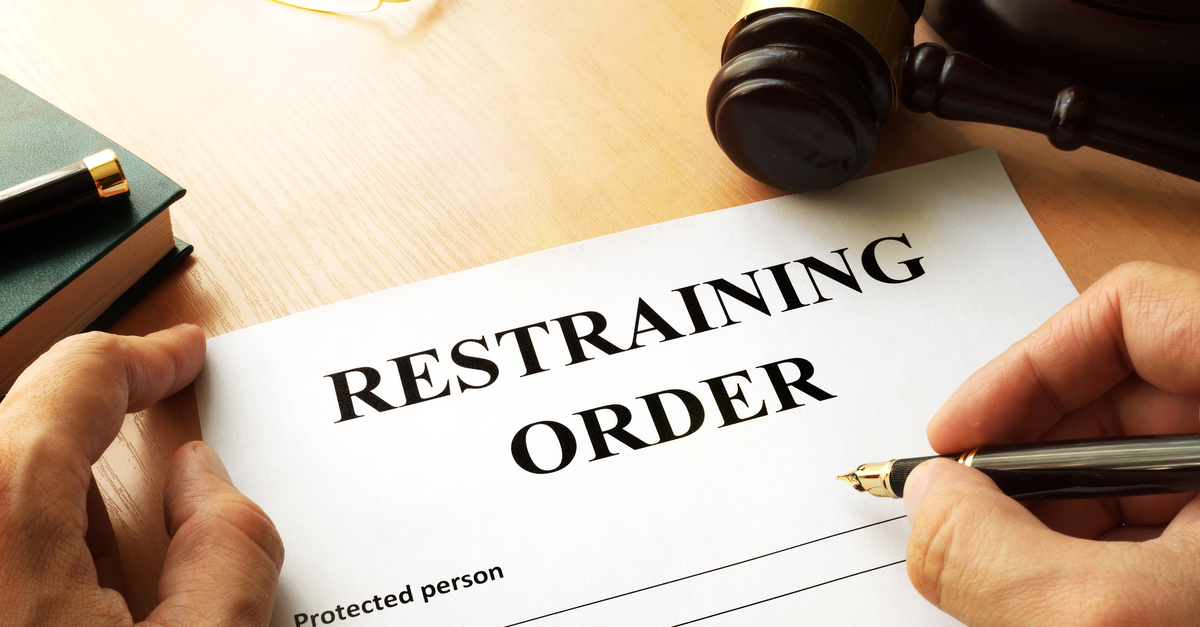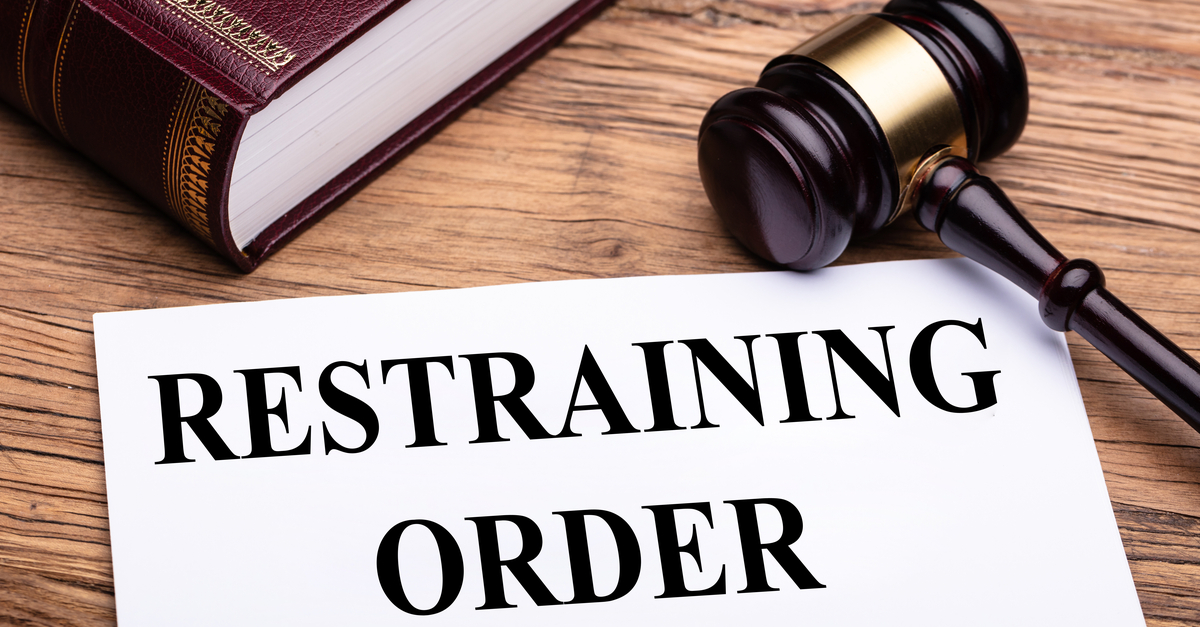Category: Restraining Order
Restraining orders and no contact orders are two types of court-imposed prohibitions that are sometimes confused. Generally speaking, a no-contact order is associated with criminal charges. The court may wish to keep the alleged perpetrator from having any contact or communication with the alleged victim and impose a…
When someone has filed a domestic violence complaint against you, the court will issue a temporary restraining order against you and schedule a final restraining order hearing. Assuming that the case has not been dismissed or otherwise resolved between you and the plaintiff, the family part of the…
When a court imposes a restraining order against you, it can impose hardships on many areas of your life – from family relationships to your job. Even if you think you did nothing wrong or you have significantly changed your life since the court’s decision, a restraining order…
If you are the target of a temporary restraining order issued by a New Jersey court, you need to act quickly to try to stop a temporary order from becoming a final restraining order. Unless you fight the restraining order, a judge’s final protective order could limit your…



